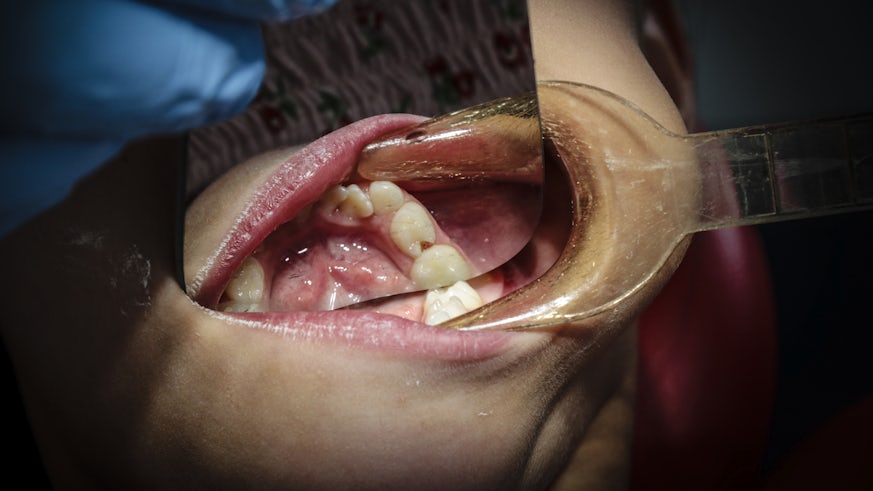Experts call for more active prevention of tooth decay for children’s teeth
27 November 2019

A three-year study comparing three different treatment options for tooth decay in children’s teeth suggests that preventing tooth decay from occurring in the first place is the most effective way help avoid pain and infection from decay.
FICTION, the largest study of its kind, was a multicentre study with dental practices across England, Scotland and Wales. Professor Barbara Chadwick, Deputy Head of School for the School of Dentistry, Cardiff University was the Clinical Lead for Wales and recruited and trained the clinical practices in Wales that took part in the study.
During the study, more than 1,140 children between the ages of three and seven with visible tooth decay were recruited by dentists working in one of 72 dental clinics throughout the country.
One of three treatment approaches was then chosen randomly for each child’s dental care for the duration of the trial.
The main trial findings, published in the Journal of Dental Research this week found no evidence to suggest that any of the treatment strategies were better than another.
All three different ways of treating decay were acceptable to children, parents and dental professionals.
Professor Nicola Innes, Chair of Paediatric Dentistry at the University of Dundee and lead author on the paper, said “What is absolutely clear from our trial is that the best way to manage tooth decay is not by drilling it out or sealing it in - it’s by preventing it in the first place.”
Professor Gail Douglas, Chair of Dental Public Health at the University of Leeds and one of the chief investigators said “The good news however is that tooth decay can be prevented. Brushing your teeth with fluoride toothpaste, especially last thing before bedtime, avoiding sugary drinks and snacks between meals and seeing a dentist regularly are all small habits that can help boost the overall health of your teeth.”
The FICTION study was funded by the Health Technology Assessment (HTA) programme of the National Institute for Health Research (NIHR).